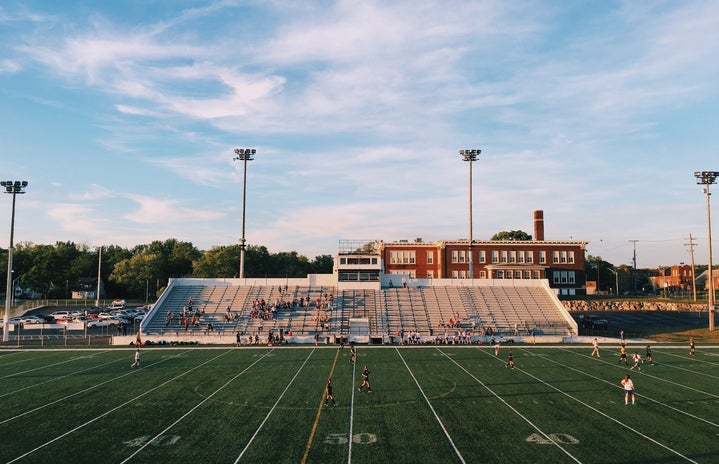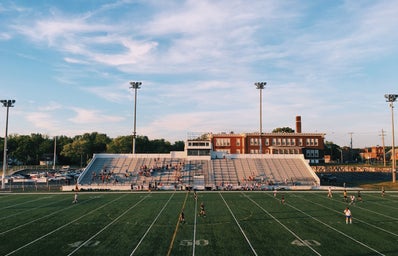As soon as I arrived in Japan, I noticed the overwhelming presence of senior citizens nearly everywhere I went. Their activities ranged from talking leisurely walks, dining at restaurants and boarding trains, to going hiking, mountaineering and even joining sports and martial arts circles.
In a less eloquent way, old people are everywhere.
To be honest, I didn’t feel their presence that much at first, since my life as a University student keeps me in a group of several thousand peers my age as well young to middle-aged teachers, but as soon as I step off-campus, I realize that people just live longer in this part of the world, whether it’s because of the sushi or the green tea or just sheer willpower.
Coming from a country where most people find themselves physically exhausted by their fifties and sixties and retire soon afterwards, I’m always shocked to find servers in Japanese restaurants who are approaching seventy or revered seniors (Dai-Senpai) who come back to their roots in a University club or circle after some thirty years to practice alongside their college-aged juniors.
My first encounter with a Dai-Senpai was in my Karate circle. Each year’s batch of new students makes up a Generation or ‘Jidai’ and I was practicing with other students in the 51th Generation, while the seniors we usually learned from ranged between the 48th and 50th Generations.
One day, a smiling old man came to practice with us in his all-white uniform and after the formal introductions were made, I was told (much to my amazement) that he was from a Generation in the tens. I thought his participation would be more ceremonial than anything else, but he blasted me and even most of the competitive seniors out of the water with his strength and vitality as we practiced the drills (kata) and did some sparring (kumite).
Naturally, when I enrolled for a Unviersity wrestling class and saw another Dai-Senpai in his seventies going for a light jog around the pad, I wasn’t too surprised and surmised that he would have some mind-blowing tricks to show us.
That was an underestimation.
As a performer in our class, he was unbelievable. 72-year-old Satou san could enter push-ups from a standing position and get back to his feet again in one fluid movement. He could send you flying with a single push of your shoulder, he wrenched the ground away from you with the lightest of tugs and God help any wrestler who decided to hold back out of courtesy upon seeing his advanced age and light frame.
It was no less than a culture shock for me as I realized that in my mind, ‘old age’ began from somewhere around 48 years. Here, such a concept didn’t seem to exist. Age was just a marker; not a command to slow down.
Satou san wasn’t just a great athlete at his age. He was also an expert teacher who would make you drill a single movement until it was perfected. In these instances, he held back on his strength and let you push him over to get an idea of how the flow went (and raise your morale). He would loudly praise you in Japanese and motion at you to come forward to try again.
And at the end of our class, fulfilling his duty as a senpai who takes care of his juniors, he brought a bag stuffed with cans of all-natural fruit juice for us to enjoy after a hard session of working out and fighting.
My respect for senior citizens started to grow from that day and I understood how self-reliance and health can be the only difference between an older individual leading an empowered life, or their being forced to depend on caretakers.
Since then, others things have changed as well. I have lost the shame that comes when you’re struggling up a mountain trail at eight in the morning, and are overtaken by an obscenely cheerful Japanese couple in their sixties who wish you “Good Morning!” and “Do Your Best!” in a voice bright enough to rival the sun beating down on everything.
I used to feel embarrassed by such moments and thought this made for a hilarious story because at 20 years, I always viewed myself at the zenith of human life, well above anyone older or younger than me in terms of my potential (though performance is quite a different story). However, after a year or two in Japan, I’ve come to see myself in a more humble way. I am less experienced than my senior counterparts. I’ve not studied, worked, or explored the world to the extent they have. In comparison to them, I’m just a stumbling toddler still mapping out the extent of her own abilities.
Back in wrestling class, Satou san was drilling me on a front tackle. As I hesitated while waiting for my opening (read: trying to catch my breath), he lunged at my foot to destabilize me and I leaped back and dragged not only my leg but all of Satou san as well, across the floor.
“Are you okay?!” I shrieked, as he pulled himself to his feet and wiped his face.
“Oh, I’m fine,” he replied with a stifled smile, nonplussed, and the emphasis on his words seemed to ask, ‘But are you?’
The next second, I was splat on my back and blinking up at the ceiling.
In fact, it’s the younger generation that I’m really worried about. Overstressed, overworked, overqualified and constantly fussing about status and networks and rising in society…the older generation has its share of problems but they seem to be enjoying life a lot more than we are.
Of course, there are senior citizens and young people who both need help and maybe through a strange give-and-take across generations, we can achieve the equilibrium that’s needed to balance our current resources. We can be respectful and open-minded, instead of dismissing everyone besides ourselves. And in that way, we can work towards a more stable future.
I don’t really know the extent of what I’m expressing right now, but I can say for sure that after coming to Japan, I no longer view life as a summer night firecracker, but as a work in progress that we can take up for ourselves and sustain, making it as beautiful and sturdy as we can, even in the face of those who say that such a venture is meaningless.
A world of new possibilities opens up before me.
Photo Credits:
peter’oliver http://www.flickr.com/photos/151450698@N06/34032887366″>3+1 plus 1+3 via http://photopin.com”>photopin https://creativecommons.org/licenses/by-sa/2.0/”>(license)
dmitryzhkov http://www.flickr.com/photos/67084790@N03/34114928884″>8_DSC1007 via http://photopin.com”>photopin https://creativecommons.org/licenses/by-nc-sa/2.0/”>(license)
Giuseppe Milo (www.pixael.com) http://www.flickr.com/photos/87690240@N03/33621698006″>Sunset in Bellevue – Dublin, Ireland – Color street photography via http://photopin.com”>photopin https://creativecommons.org/licenses/by/2.0/”>(license)

